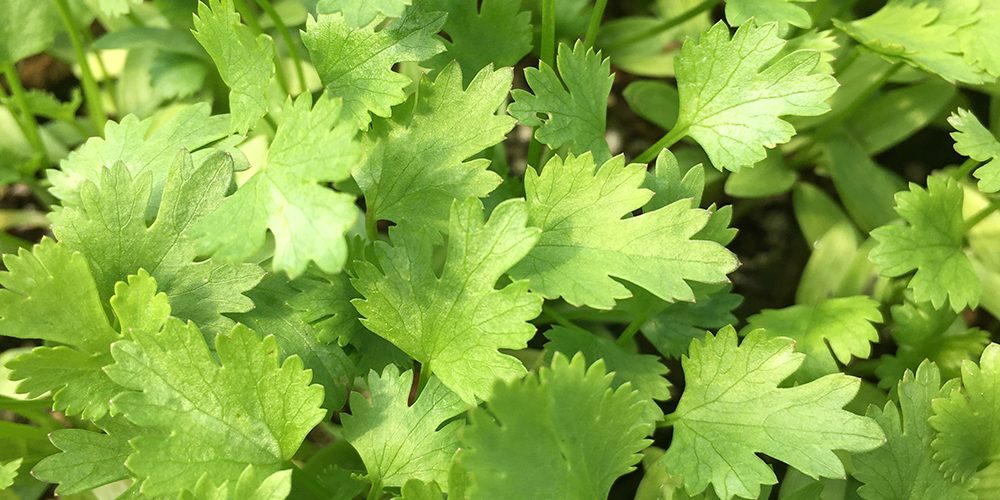Whether you have a windowbox, a few pots outside the door or a dedicated planter, growing herbs is a wonderful addition to a kitchen garden, and equally a very good place to start growing your own.
Step One – Decide what herbs you want to grow.
This is an obvious one, but it’s worth giving it some thought. Which herbs do you enjoy cooking with? What do you hope to get out of your herb garden? These things all make a difference. You might want your herb garden to be a thing of real beauty that attracts bees, in which case you could look at making rosemary, lavender and African blue basil the primary herbs. If you’re keen on Italian cooking, oregano and marjoram are great. If you want to make lots of herbal teas, mint and lemon balm are must-haves.
Step Two – How much space do you have?
A herb garden can be as big or as small as you like. If you have a sunny windowsill you could easily grow some Greek Basil, some parsley and some chives, for example. If you have a few pots or containers outside, or a small raised bed, then you can pack in quite a few different types. If you have more space, you can max out on Rosemary and Lavender to put on quite an impressive display.
Step Three – Make sure they have good drainage.
Although some need more water than others (see step four) no herb will survive water logging so it’s important that they have good drainage whether you are planting them in pots, raised beds or anywhere else. If you’re planting them in pots, add some stones or broken crockery to the bottom of the pot before adding compost.
Step Four – Take note of the two vital ingredients…sun & water.
Herbs really are easy to grow. Fact. All you really need to do is get these two things right, and they will positively flourish. Mediterranean herbs (lavender, rosemary, marjoram, oregano, thyme) like a Mediterranean climate, so lots of sun and quite dry soil (apart from the odd shower here and there) are ideal. Basil is an Asian herb preferring lots of sunshine and moist soil (if you can rustle up a bit of humidity too, job done!) Chives, parsley and mint need water – don’t let the soil dry out – but will grow well in sunny and shady spots.
Step Five – Harvest regularly to keep them going.
If you’re not using your herbs for cooking very often, it’s still worth harvesting them regularly. This will encourage new growth and keep the plants looking healthy and bushy rather than going twiggy or suddenly bolting. You’ll receive a full growing guide with your plants which details when to cut them back etc.

